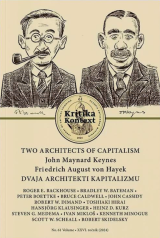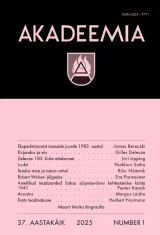Democracy, particularly liberal democracy is a great philosophy of inclusion. Rule of the people, by the people, for the people; and where “people” is supposed to mean (unlike in earlier days) everybody – without the unspoken restrictions of yesteryear: peasants, women, slaves, etc. – this offers the prospect of the most inclusive politics of human history. And yet, there is also something in the dynamic of democracy which pushes to exclusion. This was allowed full rein in earlier forms of this régime, as among the ancient poleis and republics; but today is a great cause of malaise. I want in this paper first, to explore this dynamic, and then to look at various ways of compensating for it, or minimizing it.




